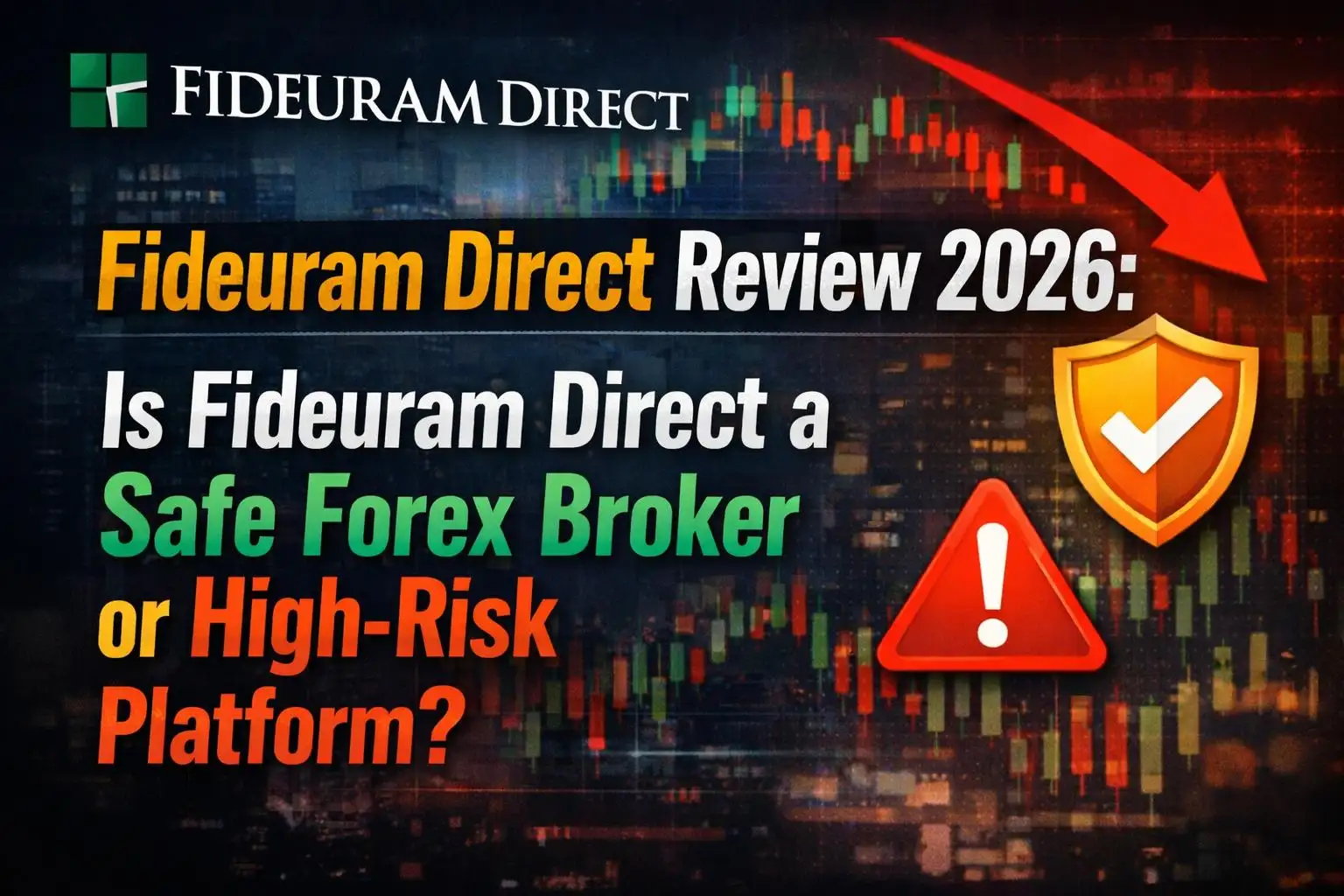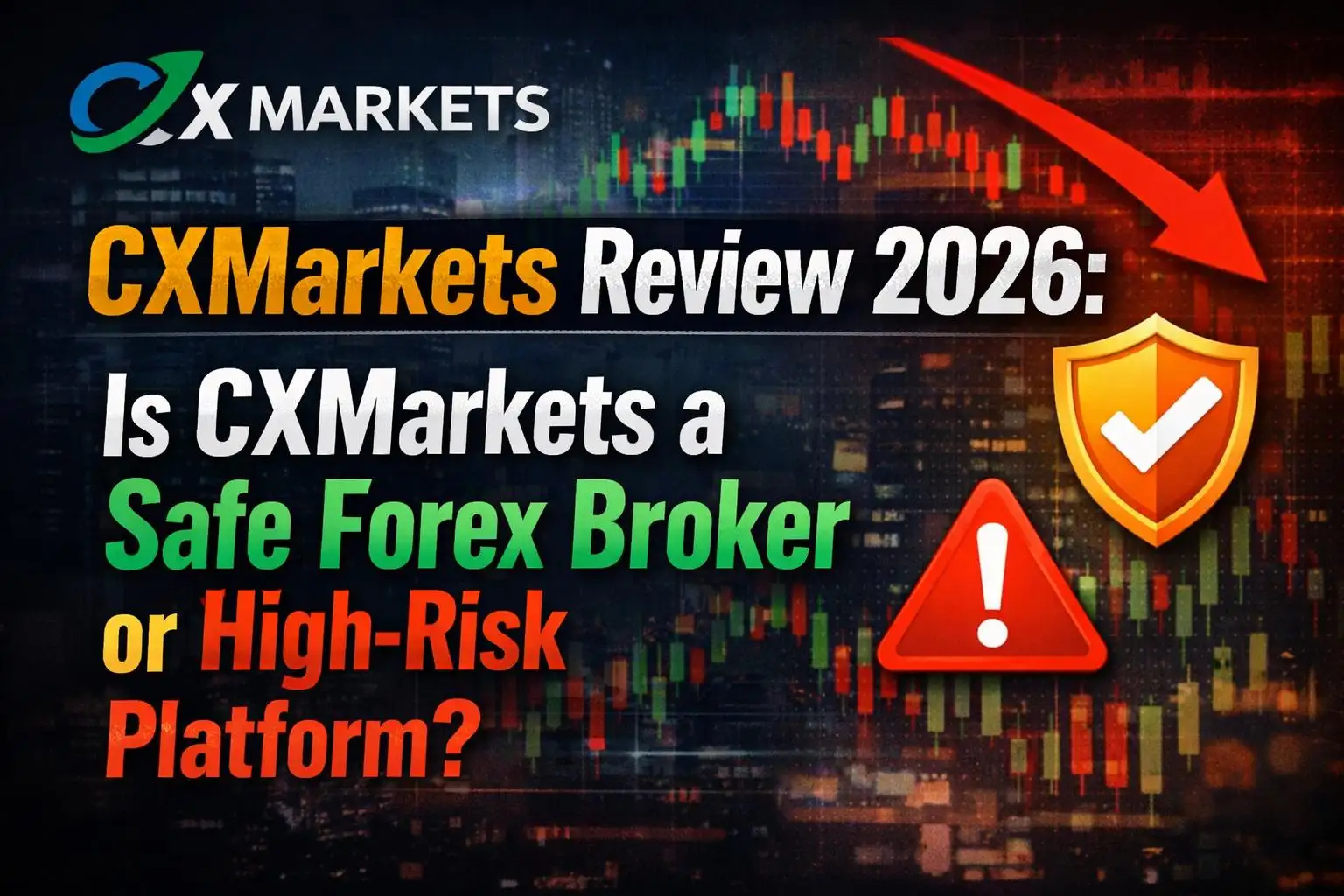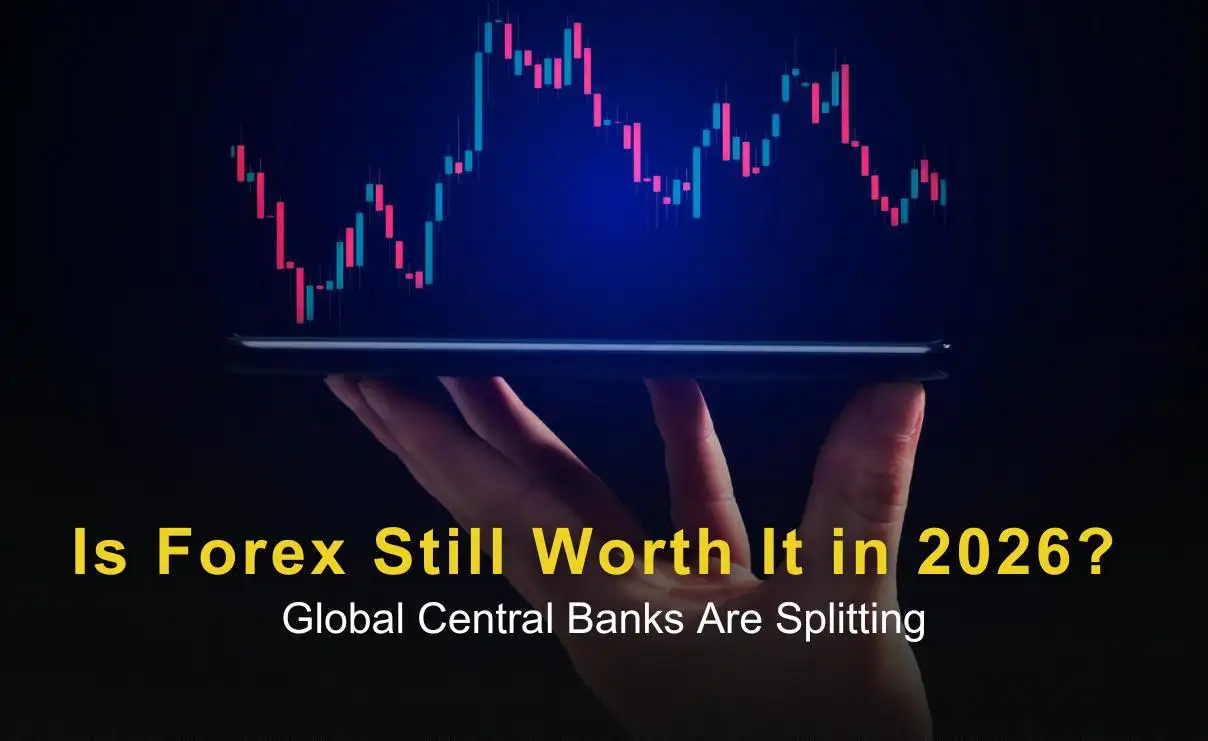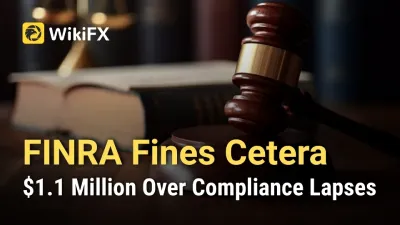Abstract:Understand how currency exchange rates fluctuate and affect global trade, tourism, and consumer spending in our detailed guide.
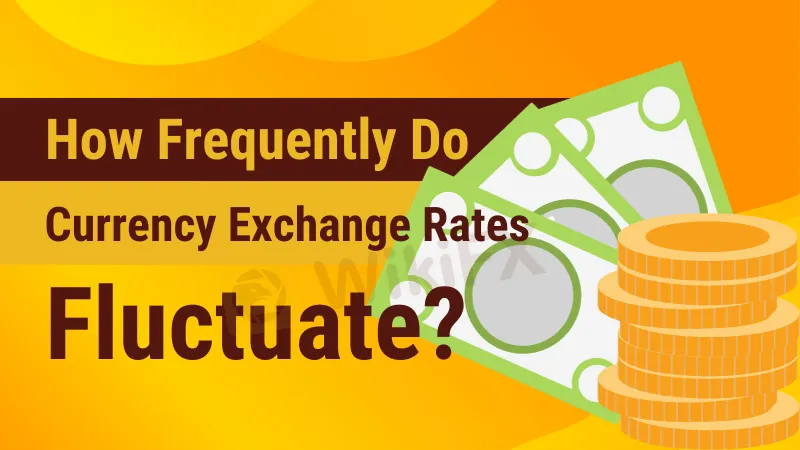
Introduction
Currency exchange rates play a crucial role in the complex web of international finance, exerting influence over a diverse range of economic activities. The primary objective of this all-encompassing manual is to clarify the intricacies surrounding currency exchange rates, elucidating their volatile characteristics and the significant ramifications they impose on global commerce, tourism, and consumer conduct.
The Fluctuation of Currency Exchange Rates
Fundamentally, a currency exchange rate signifies the relative worth of two currencies. These rates are subject to continuous variation and are not static. This fluctuation is influenced by several factors, including tourism, economic conjecture, international trade, and the perceived geopolitical hazards of a nation. When a U.S. company imports products from Japan, for instance, it converts U.S. dollars to Japanese yen, thereby generating demand for the Japanese yen. This demand may result in the yen appreciating about the dollar.

The operation of the foreign exchange market, or forex market, is distinct. It operates continuously, devoid of any centralized exchange. Currency conversion is a routine activity performed by banks worldwide to facilitate international transactions. The perpetual exchange of funds between banks results in the dynamic volatility of currency values. In addition, currency speculators seek to profit from the volatility of the market by capitalizing on these minute fluctuations in value.
The Role of Interest Rates
The valuation of a nation's currency is substantially impacted by interest rates, which are established by the monetary authority. Savvy investors frequently capitalize on the interest rate differential by borrowing funds in a country with lower interest rates and investing in another with higher rates. This approach additionally exacerbates the volatile nature of currency valuations.
Dominant Currencies in the Forex Market
Even though 180 currencies are transacted on the foreign exchange market, only the euro, British pound, U.S. dollar, and British yen are dominant. Banks, institutional investors, and national central banks conduct the majority of trading and each plays a substantial role in the market's fluctuations.

The integration of the Internet has granted individual investors the ability to engage in currency trading. Although less prevalent compared to institutional trading, this method offers individual investors a chance to participate in the foreign exchange market.
Travelers and Exchange Rates
A comprehensive grasp of exchange rates is essential for travelers. The aforementioned rates have an immediate and tangible effect on the buying power of a tourist's domestic currency while visiting an overseas nation. The depreciation of a domestic currency against a robust foreign currency has an impact on travel budgets and expenditures. The rapid volatility of exchange rates during brief intervals renders it an essential factor to account for when organizing international travel.
Consumer Costs and Exchange Rates
Exchange rates significantly impact the cost of imported products in every nation. For example, when a foreign currency acquires strength relative to the U.S. dollar, the price of imported products from that nation increases. This has repercussions not only for consumers who purchase these products but also for tourists whose spending power may be diminished while visiting those countries.
Conclusion
The realm of currency exchange rates is an intricate and indispensable component of the worldwide economic terrain. Given its pervasive impact on consumer expenditure, personal travel, and international trade, it is crucial to comprehend these rates. While their perpetual volatility presents the potential for financial gain, it also necessitates a sophisticated comprehension of their wider economic ramifications. Mastering this terrain necessitates not solely a discerning observation of contemporary trends, but also cognizance of the manifold components that propel these perpetually fluctuating rates.







